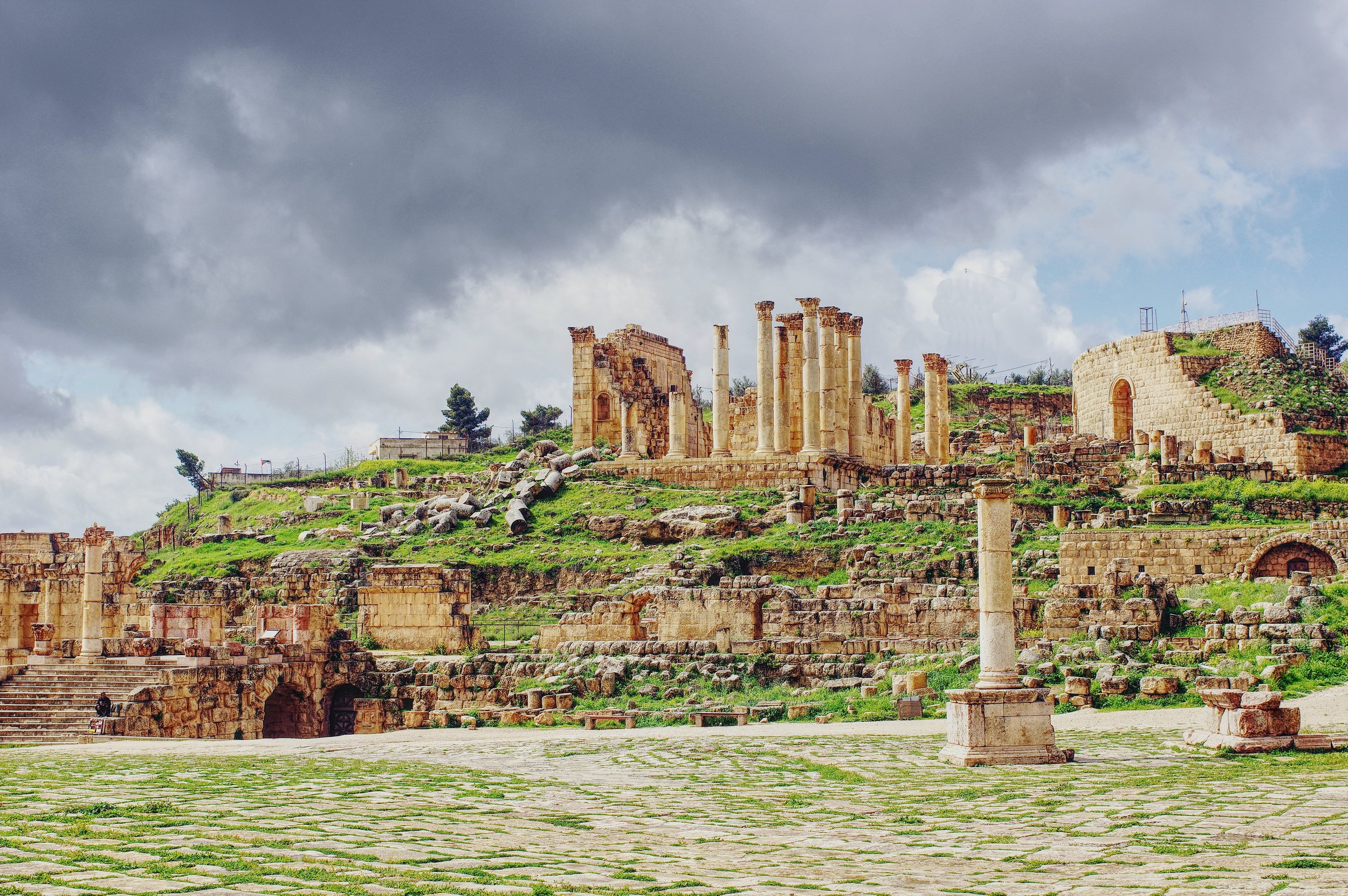Trust
/As I went through the city and looked carefully at the objects of your worship, I found among them an altar with the inscription, ‘To an unknown god.’
-Acts 17:23
On his travels, Paul visited the big city of Athens, and he spent a lot of time wandering the streets of the city, looking at the massive buildings and temples and all the amazing sights that we can only imagine now. The Greeks had all kinds of temples dedicated to their many different Gods - Athena, the goddess of wisdom and war; Zeus, the god of the sky; Aphrodite, the goddess of love; Apollo, the god of music, poetry, prophecy and medicine. The gods pretty much had all the bases covered and the list of Gods is long. In Athens, each of the Gods had their own temple, whether it was grand like Zeus’ temple (the ruins of that one are pictured above), and some of them had more modest structures. The temples covered all the bases also.
But those ancient Greeks were very deep thinkers, and knew that they could not know everything, so they also created a temple for an unknown God, just to be safe. When Paul came across it, he praised them for their faith in this - and for their awareness that there is a God that they cannot possibly know. In that particular temple he found an opening to begin telling them about his own faith in the one God of the Christian faith. Our Creator God, he tells them, is much bigger than any one of their gods or even all of them put together. This God doesn’t have just one role like Poseidon’s or Hercules’, because this God is the source and creator of all the roles that exist. Think bigger! Beyond all knowing.
And yet, this God appeared on earth as a person, Jesus, to give us a better glimpse of this huge unknowable reality. Jesus had no super powers. He was just a man, born of a woman, who lived, worked, strived, suffered and died just like one of us. Yet, through him, we can glimpse the vast Creator God is.
I don’t believe that the Greeks were simplistic thinkers. They knew that their stone statues were not literal gods, but represented something beyond just an idol of stone. What was a new idea for them in what Paul was saying was monotheism. Their polytheistic assumptions were quite different, and Paul’s story of a singular God was a different religious idea for them. Could it be that God is less like a pantheon of powerful heroes playing with our lives from afar? Could it be that one, big God - bigger, even, than Zeus be both in charge of everything but also - as he strangely claims - right here in our lives with us at the same time? Can it be that a God can be both the Unknowable Creator of Everything and also the very common substance in which we live and move and have our being?
The Greeks were fascinated by this new idea, of course. They wanted to hear more and more and more from Paul and think about it harder and harder and harder. But as I said last Sunday, our faith is about more than just thinking.
It is a wonderful and mysterious gift to have faith in our untamable, unimaginable God who is also, at the same time, as close as our own breath and our average human lives. It’s not an idea to think about. It’s a faith to trust.
This Sunday’s readings are here










